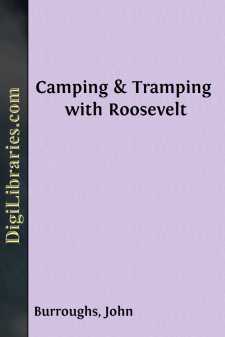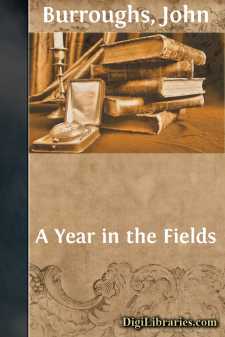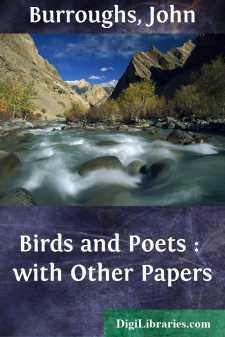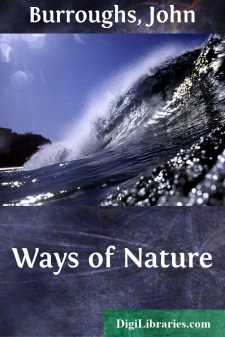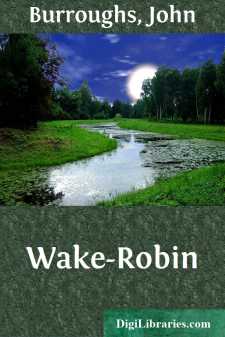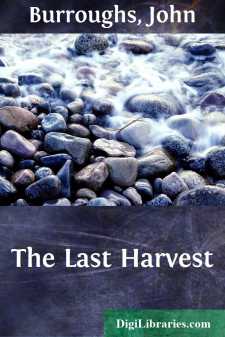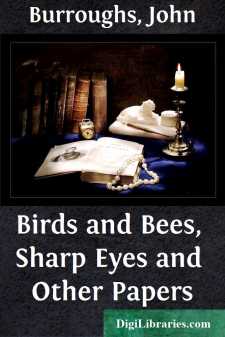Categories
- Antiques & Collectibles 13
- Architecture 36
- Art 48
- Bibles 22
- Biography & Autobiography 813
- Body, Mind & Spirit 142
- Business & Economics 28
- Children's Books 17
- Children's Fiction 14
- Computers 4
- Cooking 94
- Crafts & Hobbies 4
- Drama 346
- Education 46
- Family & Relationships 57
- Fiction 11829
- Games 19
- Gardening 17
- Health & Fitness 34
- History 1377
- House & Home 1
- Humor 147
- Juvenile Fiction 1873
- Juvenile Nonfiction 202
- Language Arts & Disciplines 88
- Law 16
- Literary Collections 686
- Literary Criticism 179
- Mathematics 13
- Medical 41
- Music 40
- Nature 179
- Non-Classifiable 1768
- Performing Arts 7
- Periodicals 1453
- Philosophy 64
- Photography 2
- Poetry 896
- Political Science 203
- Psychology 42
- Reference 154
- Religion 513
- Science 126
- Self-Help 84
- Social Science 81
- Sports & Recreation 34
- Study Aids 3
- Technology & Engineering 59
- Transportation 23
- Travel 463
- True Crime 29
Camping & Tramping with Roosevelt
by: John Burroughs
Description:
Excerpt
INTRODUCTION
This little volume really needs no introduction; the two sketches of which it is made explain and, I hope, justify themselves. But there is one phase of the President's many-sided character upon which I should like to lay especial emphasis, namely, his natural history bent and knowledge. Amid all his absorbing interests and masterful activities in other fields, his interest and his authority in practical natural history are by no means the least. I long ago had very direct proof of this statement. In some of my English sketches, following a visit to that island in 1882, I had, rather by implication than by positive statement, inclined to the opinion that the European forms of animal life were, as a rule, larger and more hardy and prolific than the corresponding forms in this country. Roosevelt could not let this statement or suggestion go unchallenged, and the letter which I received from him in 1892, touching these things, is of double interest at this time, as showing one phase of his radical Americanism, while it exhibits him as a thoroughgoing naturalist. I am sure my readers will welcome the gist of this letter. After some preliminary remarks he says:—
"The point of which I am speaking is where you say that the Old World forms of animal life are coarser, stronger, fiercer, and more fertile than those of the New World." (My statement was not quite so sweeping as this.) "Now I don't think that this is so; at least, comparing the forms which are typical of North America and of northern Asia and Europe, which together form but one province of animal life.
"Many animals and birds which increase very fast in new countries, and which are commonly spoken of as European in their origin, are really as alien to Europe as to their new homes. Thus the rabbit, rat, and mouse are just as truly interlopers in England as in the United States and Australia, having moved thither apparently within historic times, the rabbit from North Africa, the others from southern Asia; and one could no more generalize upon the comparative weakness of the American fauna from these cases of intruders than one could generalize from them upon the comparative weakness of the British, German, and French wild animals. Our wood mouse or deer mouse retreats before the ordinary house mouse in exactly the same way that the European wood mouse does, and not a whit more. Our big wood rat stands in the same relation to the house rat. Casting aside these cases, it seems to me, looking at the mammals, that it would be quite impossible to generalize as to whether those of the Old or the New World are more fecund, are the fiercest, the hardiest, or the strongest. A great many cases could be cited on both sides. Our moose and caribou are, in certain of their varieties, rather larger than the Old World forms of the same species. If there is any difference between the beavers of the two countries, it is in the same direction. So with the great family of the field mice. The largest true arvicola seems to be the yellow-cheeked mouse of Hudson's Bay, and the biggest representative of the family on either continent is the muskrat....


